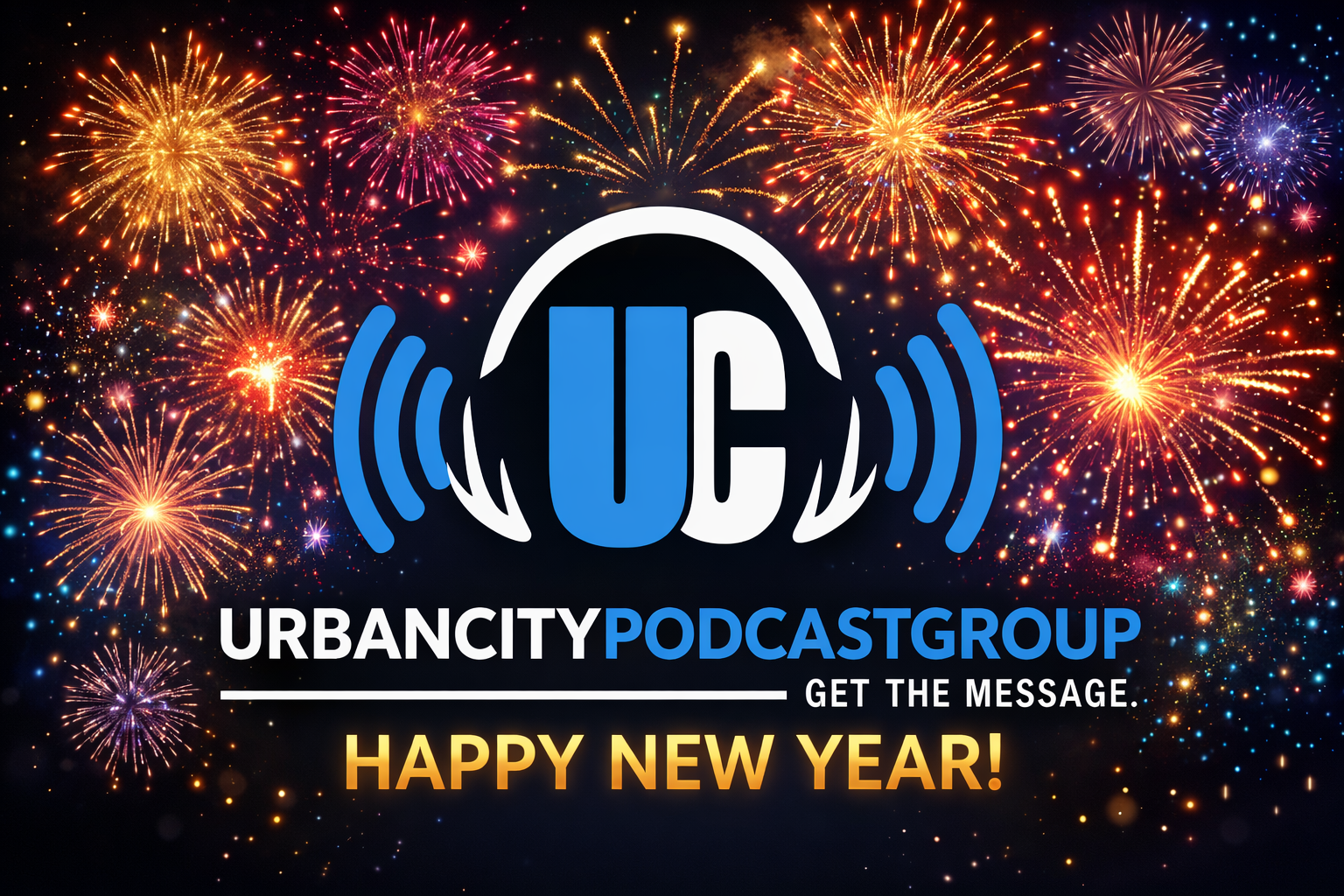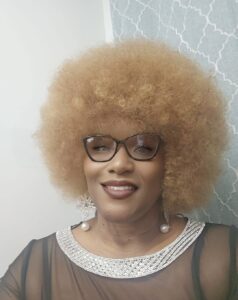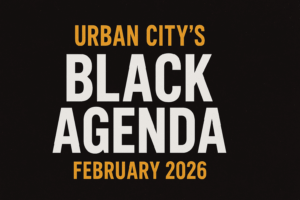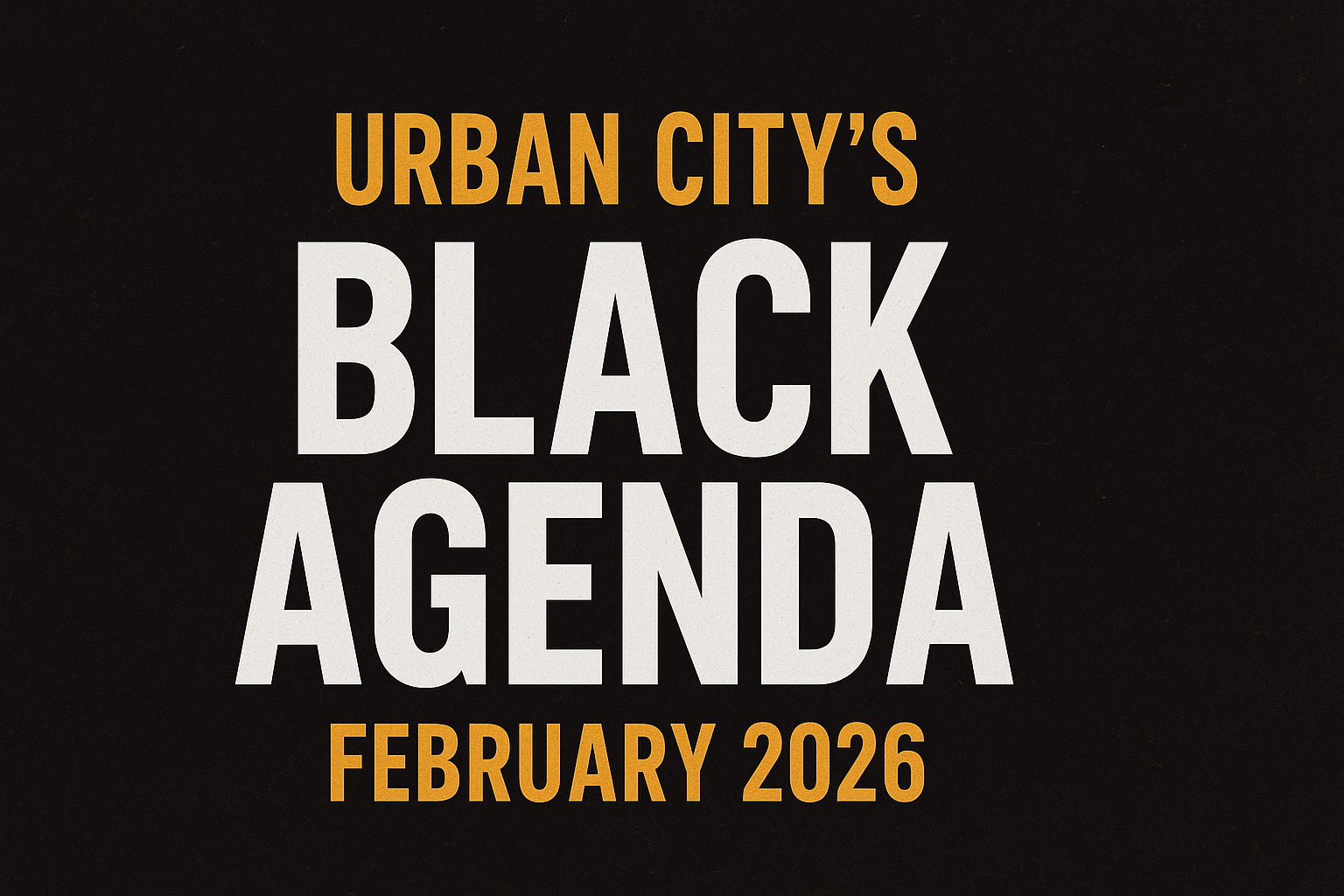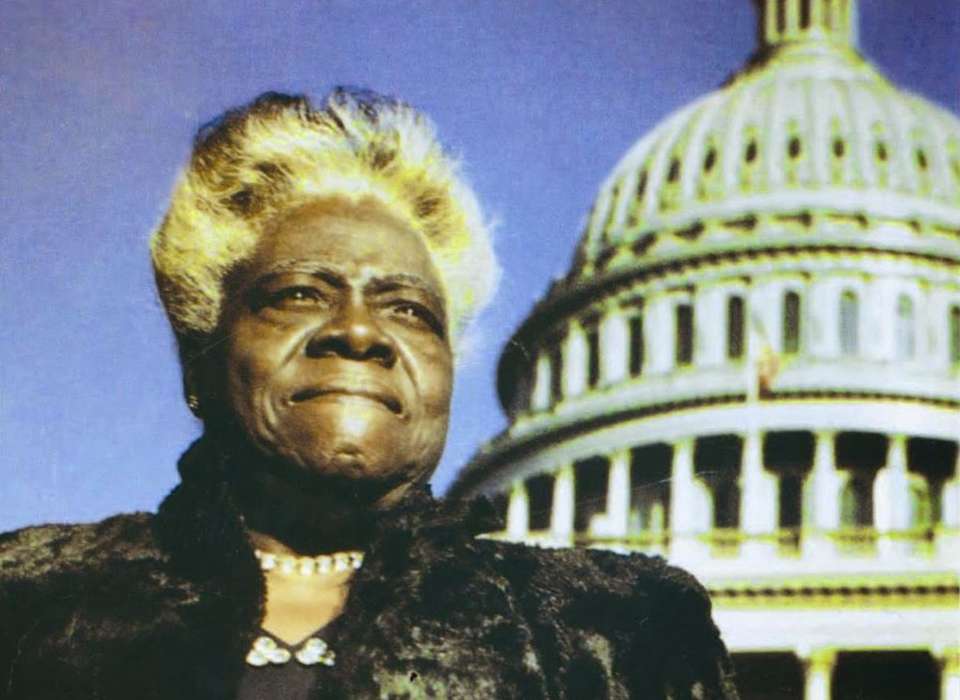3 Major Takeaways:
D’Angelo’s passing marks the loss of one of R&B’s most authentic and soulful voices.
His legacy, from Brown Sugar to Black Messiah, redefined how soul music feels and sounds.
Despite his private battle with illness, his influence continues to shape new generations of R&B artists.
When the Soul Stopped: Remembering D’Angelo, The Voice That Changed R&B Forever
When D’Angelo left this earth, the world didn’t just lose another artist, we lost a whole feeling. That smooth, smoky, grown folk sound that could make you blush, cry, and two step all at once. The man who made “How Does It Feel” stop time has passed away at 51, after quietly battling cancer.
For those who grew up with the sound of real soul, the kind that hit your spirit before it hit the charts, this one hurts deep. D’Angelo wasn’t just music. He was mood. He was vibe. He was the soundtrack to love letters, Saturday morning cleaning sessions, and candlelight nights that got a little too real.
The Church Boy Who Brought Soul Back
Born Michael Eugene Archer in Richmond, Virginia, D’Angelo started out just like a lot of Black legends, in the church, hands on the piano, voice finding its wings in the choir loft. But by the mid 90s, that boy from Richmond had taken the R&B world by storm.
His debut Brown Sugar dropped in 1995 and instantly rewrote the playbook. It wasn’t just an album, it was a shift. Songs like “Lady” and “Brown Sugar” gave R&B its groove back, at a time when the charts were starting to sound a little too synthetic.
Then came Voodoo in 2000. Listen, if you know, you know. That album wasn’t just soul music, it was soul surgery. It cut deep. It healed you. And when that “Untitled (How Does It Feel)” video hit BET, whew — half the country fainted and the other half fell in love. D’Angelo became a household name without even saying a word.
The Disappearing Act
After Voodoo, D’Angelo pulled what we now call the great R&B vanish. Fame hit him hard. The pressure to top himself. The expectations. The label drama. It was too much. He stepped away, and for years we didn’t know where he went or if he was ever coming back.
But like all great artists, he found his way again. In 2014, he returned with Black Messiah, an album that proved he hadn’t lost an ounce of magic. It was raw, spiritual, and political. It sounded like revolution set to a bass line. It reminded everyone that D’Angelo didn’t follow trends. He set them.
The Quiet Fight
Behind the scenes, D’Angelo had been fighting something far tougher than industry pressure. Cancer had taken its toll, but he chose to keep that battle private. He didn’t want sympathy. He wanted peace.
Those close to him say he spent his final weeks surrounded by family and music, just the way he started. He’d been working on new material too. Maybe, just maybe, we’ll get to hear those final songs one day.
The Soul Lives On
D’Angelo’s death sent shockwaves through the R&B world. Artists who grew up on his sound, from Maxwell and Erykah Badu to Frank Ocean and H.E.R., poured out love and disbelief. They all said the same thing: nobody could do what D’Angelo did.
He gave us grown man vulnerability when R&B was obsessed with flash. He made it okay to be sensual and spiritual in the same breath. He brought church to the bedroom and made soul music sexy again.
He wasn’t perfect. He was real. And maybe that’s why we loved him so much.
The Final Note
Some artists make hits. D’Angelo made moments. He made music that aged well. Two decades later, you can still put on “Cruisin’,” “One Mo’ Gin,” or “Untitled” and feel the world slow down.
So here’s to the brother who reminded us what real music feels like. No auto tune, no filters, no gimmicks — just heart, honesty, and harmony.
Rest easy, D. The soul don’t die. It just changes keys.
